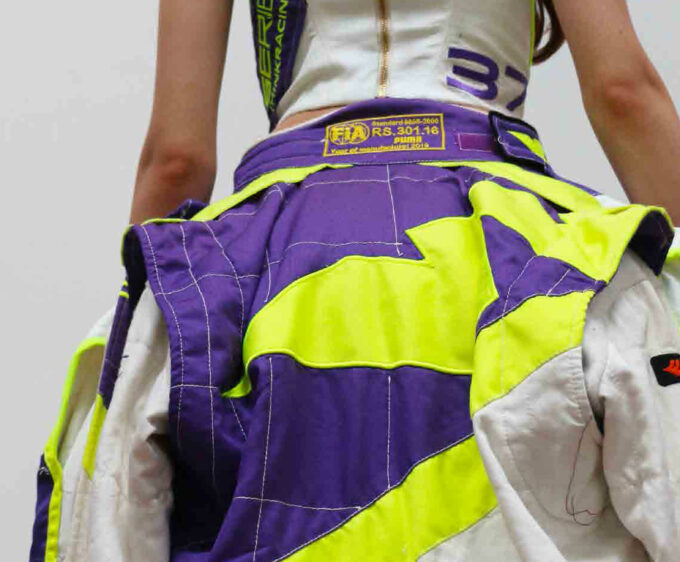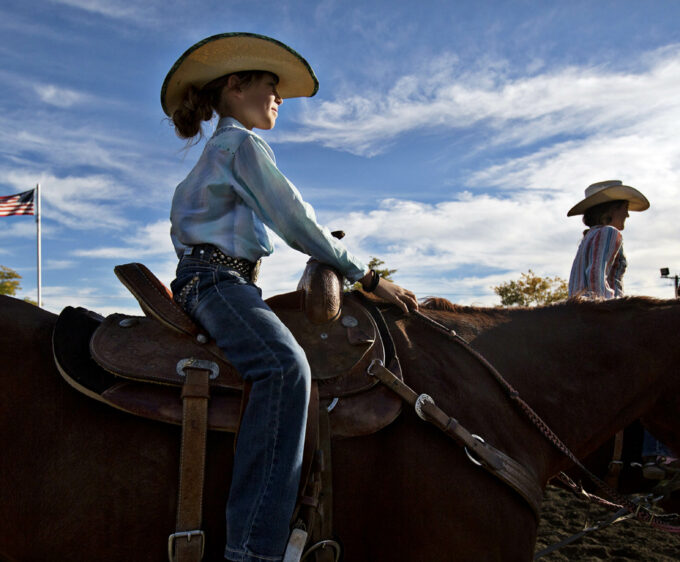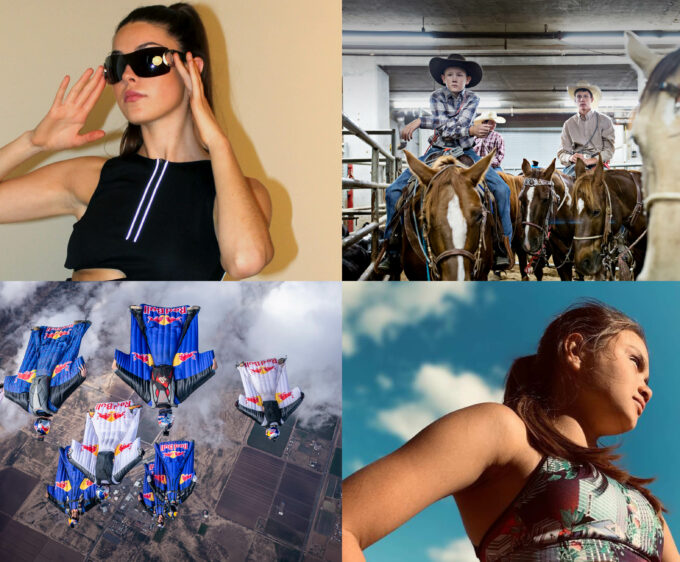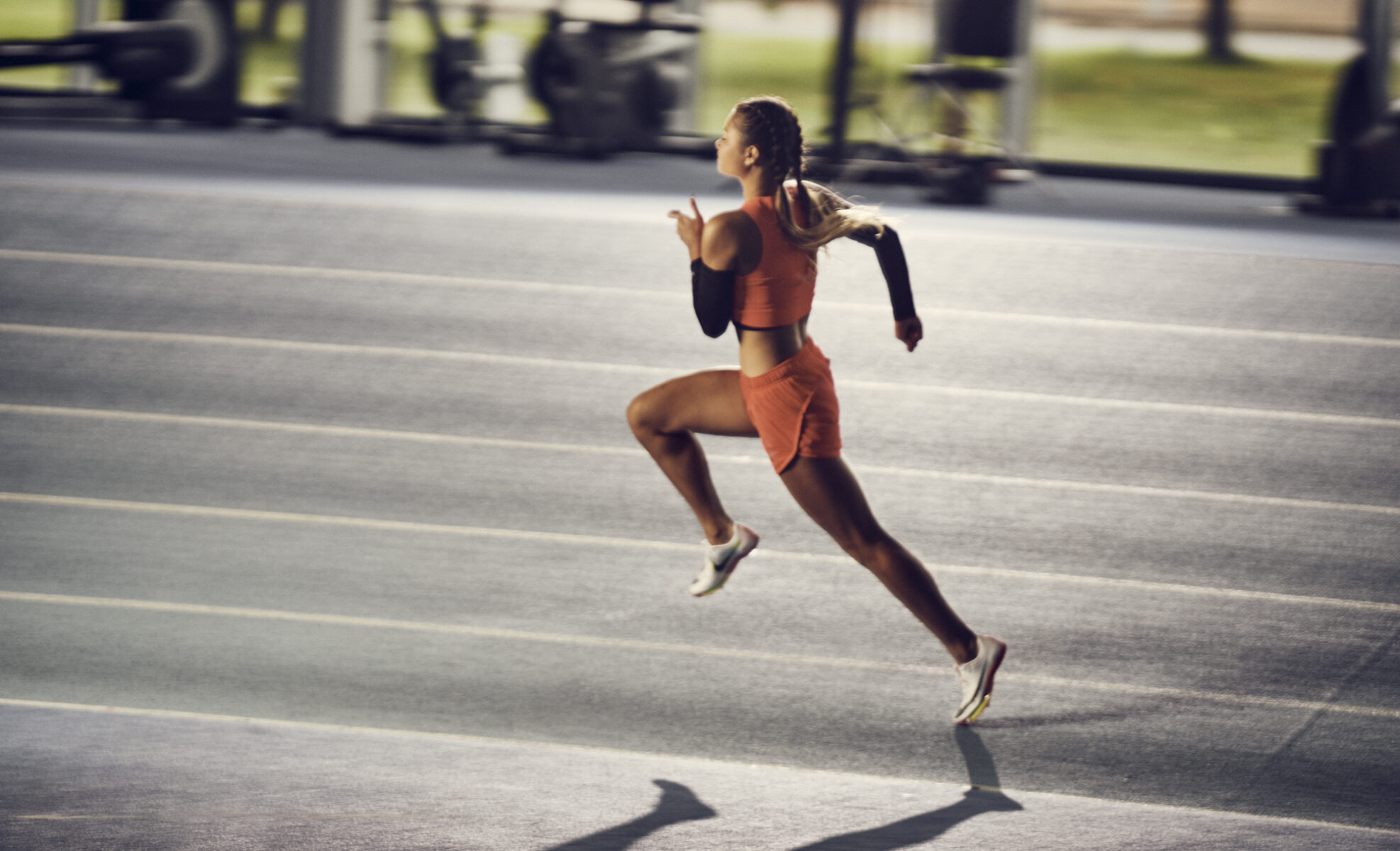
Youth: The Hurdler
Meet Isabelle Kyson, whose journey goes beyond the track. The 15-year-old is on a mission to reverse the decline in teenage girls’ participation in sports
By Glorious
As a toddler, Isabelle Kyson watched her father go running and she couldn’t wait to join him. Eventually, her determination paid off and her passion for running blossomed. From participating in Junior Park Runs to joining a running club, Isabelle’s journey so far has been filled with notable growth and achievements, but her story doesn’t stop on the track with 300-metre hurdle racing. Witnessing a decline in teenage girls’ participation in sports, 15-year-old Isabelle felt compelled to understand the reasons behind this trend, which has led the Nike ambassador to participate in various impactful initiatives to help reverse the trend.
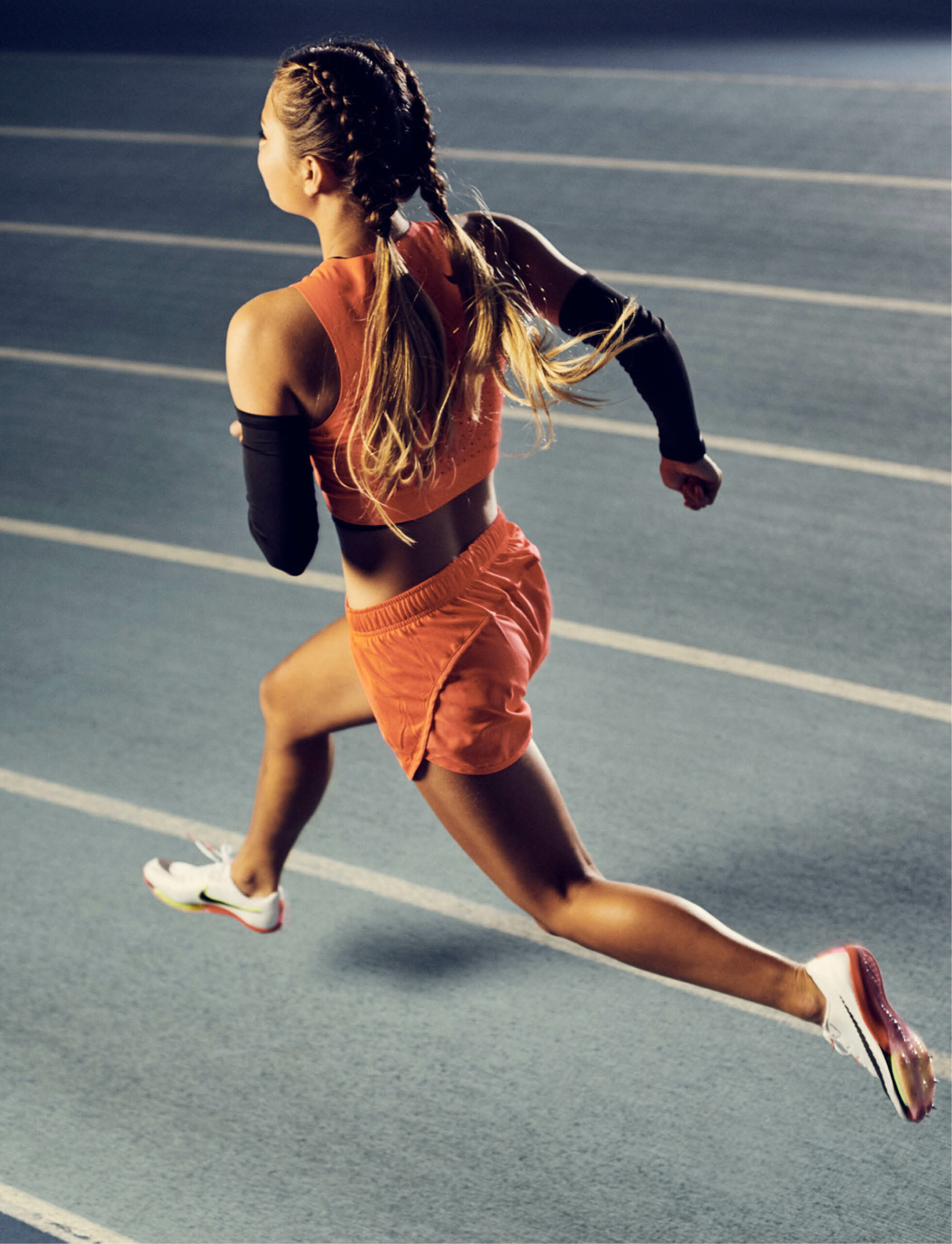
Glorious: Were you born to run? Tell us about your first memories.
Isabelle Kyson: Well, I think my interest in running started at a young age. I remember when I was a toddler, living in London, I used to see my dad go on his runs and I’d ask him if I could join. At first, he would say it was too far for me, but one day he took me along, and that’s when my love for running began. As I grew older, I started participating in junior parkruns, usually 2k ones. Eventually, when I was around 10 years old, my coach at the time, John Stow, noticed my progress and suggested I join a running club. Joining the club allowed me to improve my running technique and skills and from there, things just took off, and I’ve been on this journey ever since.
Glorious: How did you get involved in advocating for teenage girls in sports, and what motivated you to take on this role?
Isabelle Kyson: It all started when I joined the running club at a young age. In the beginning, there were plenty of girls my age participating in sports. However, as we progressed to the under 17 and under 20 age groups, I noticed a significant drop in the number of girls involved. It made me question why there was such a decline and why older girls weren’t as active in sports. As I grew older, I witnessed more girls dropping out of sports, and it really struck a chord with me. Now that I’m in that age range myself, I can see first-hand how teenage girls are still quitting sports. It opened my eyes to the issue, and I became determined to make a difference because I don’t want teenage girls to miss out on the benefits and potential regrets of not participating in sports.
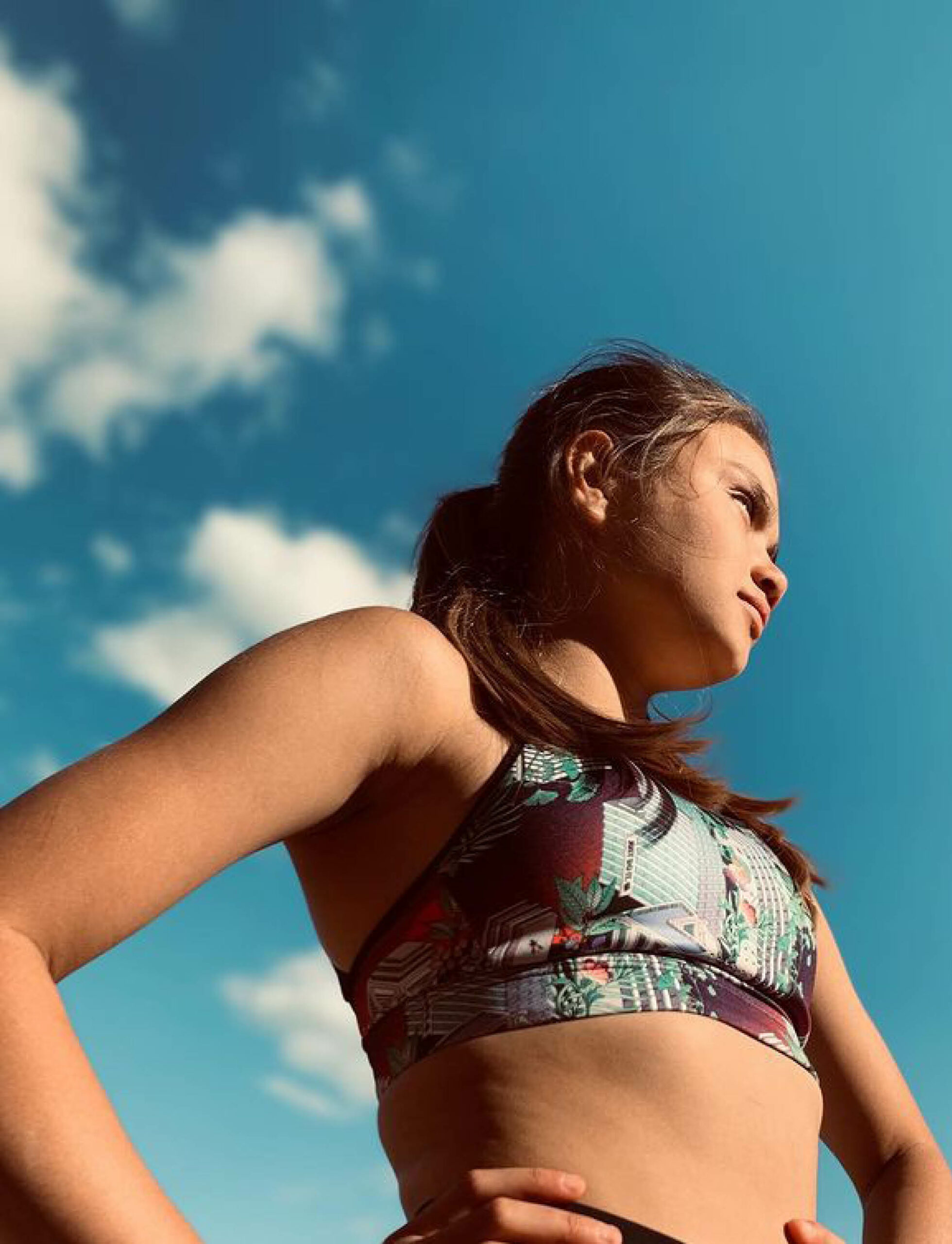
Glorious: What initiatives or programs have you been involved in to support teenage girls in sports?
Isabelle Kyson: I’ve been fortunate to participate in several impactful initiatives. I took part in panel events organised by Nike Women, featuring inspiring athletes like Paula Radcliffe and Katrina Johnson Thompson. These events targeted older teenagers and women, offering valuable insights and discussions. In the past, I’ve also been involved in projects focused on younger children. With Nike, I travelled to New York and participated in a GoNoodle video. GoNoodle is an interactive platform that provides active videos for kids to follow along with, promoting movement and engagement in classrooms. During lockdown, I collaborated with UK Athletics on creating educational videos resembling Dora the Explorer-style adventures, guiding kids through obstacle courses and promoting fitness at home. So, my involvement spans a diverse range of activities, from creating exercise videos for younger children to participating in panel discussions.
Glorious: That’s exciting to be a Nike ambassador! As a teenager yourself, what challenges have you personally faced?
Isabelle Kyson: Well, I can definitely relate to the stereotypical teenage experiences. I’ve encountered a variety of challenges throughout my journey. One of the earliest struggles I faced was the rapid weight gain that came with puberty when I was around 12 or 13. It happened so quickly that I didn’t have time to process it, and I became self-conscious about my body, especially when wearing crop tops and shorts. Subconscious body image issues became a part of my life. I’ve also grappled with social pressures. Recently, I made a regrettable decision influenced by those pressures, staying out too late at a party the night before an important race. While I won’t delve into the details, social pressures have definitely played a role. Additionally, I’ve dealt with various health issues, with anemia being a significant one. Interestingly, I’ve noticed that many teenage girls, including those in my previous training group, have struggled with or are still struggling with anemia. It’s an intriguing topic that warrants further discussion and exploration.
impactful
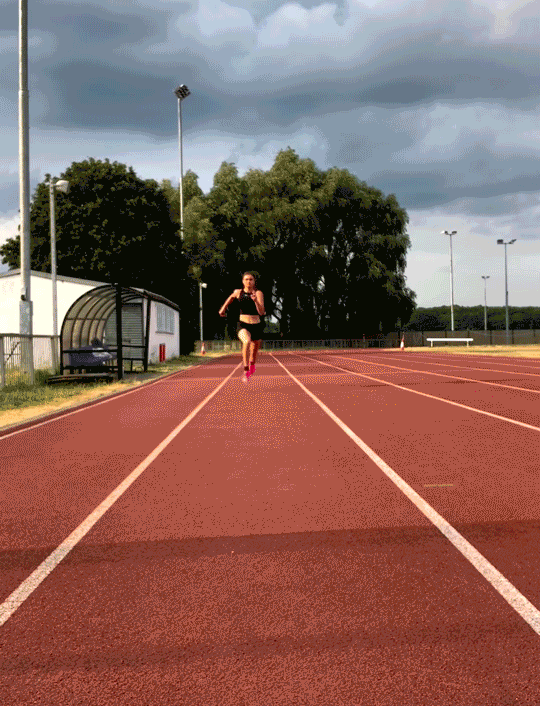
Glorious: What needs to be done to encourage participation and retain teenage girls in sport?
Isabelle Kyson: Well, I believe a crucial aspect is raising awareness about the experiences that teenage girls go through during puberty. When I was going through puberty, and still am, it came as quite a shock to me. Providing widespread information to teenage girls about what to expect and how it may impact their participation in sports is essential. Currently, in biology or PSHE lessons, we learn about the physical changes like periods, body hair, and breast development. However, we often don’t learn about the emotional aspects and how they affect us in sports and daily life. It’s important to teach girls that there may be a temporary dip in performance, but it will gradually improve. Another key aspect is making information more easily accessible. If a girl is actively seeking information, she should be able to find it easily, but we also need to ensure that resources are readily available for girls who may not actively search for them.
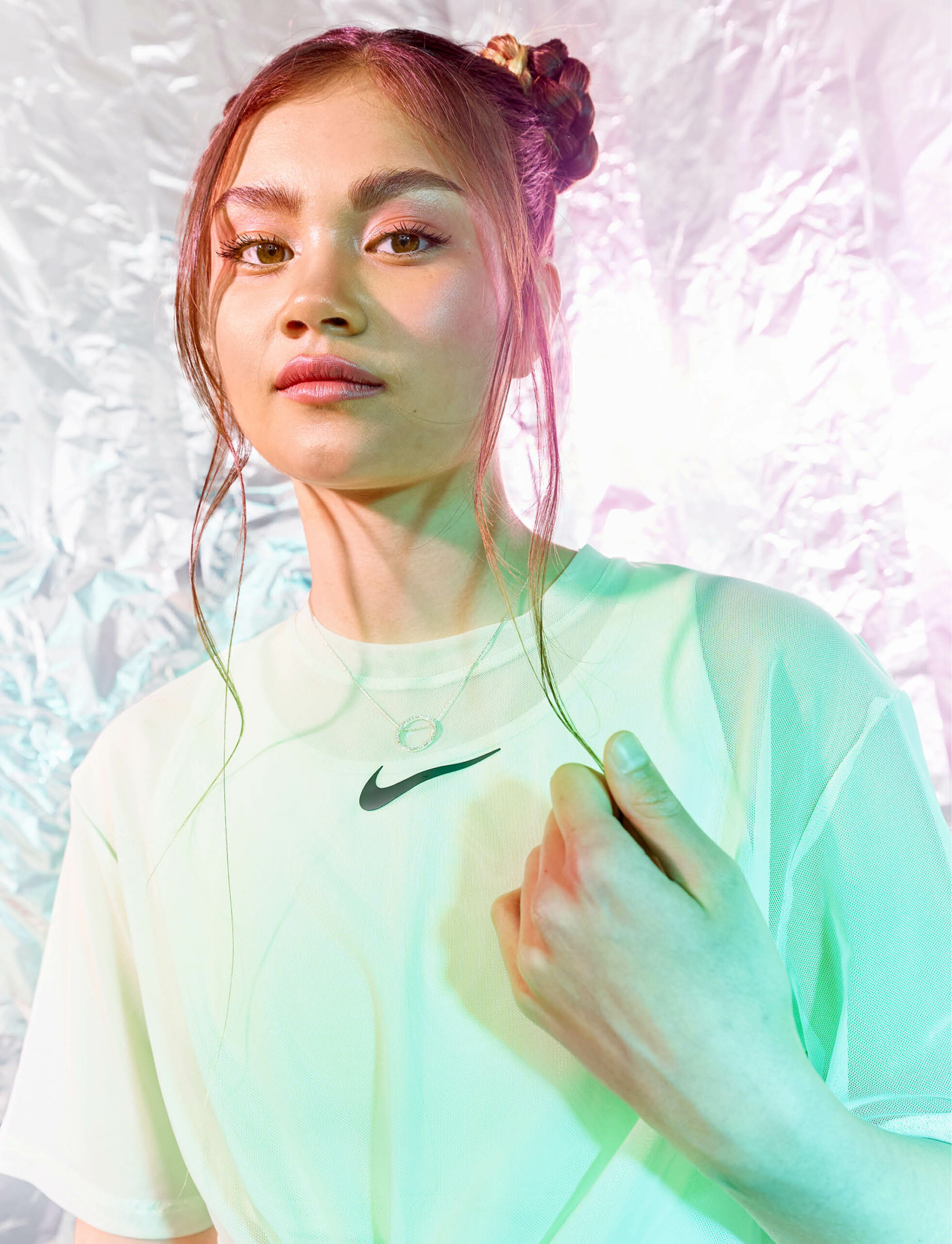
Glorious: Why do you think it’s important to encourage and support teenage girls’ participation in sports?
Isabelle Kyson: I believe it’s important for both physical and mental wellbeing. We all know that sports are beneficial for our physical health, but they also play a significant role in our mental wellbeing. Personally, I find sports to be a great way to destress, especially during exam seasons or when facing social and academic pressures, as it helps clear my mind and relieve stress. Interestingly, during training sessions with my friends, we often discuss puberty-related topics openly. It’s a space where we can address the “grosser” and more private sides of our lives, which isn’t typically suitable in other environments, like at school, I wouldn’t talk to my friends in detail about this. In these training sessions, there’s no holding back, and it’s refreshing.
awareness
Glorious: How do you manage to juggle training, competing, school work, and advocacy work?
Isabelle Kyson: I have a rough timetable that helps me stay organised. I train on Tuesdays after school, Thursdays after school, and Saturday mornings. On Mondays, Wednesdays, and Fridays, as well as the weekends, I dedicate time to catch up on schoolwork and complete assignments. I find it important to tackle schoolwork as soon as it’s assigned rather than leaving it until the last minute. This way, I can avoid unnecessary stress and ensure that it doesn’t spill over into other days. Having a schedule is crucial because without it, everything can easily become overwhelming. I’ve seen some of my friends struggle to keep up with their work, especially when they’re involved in extracurricular sports.
Glorious: You must be very disciplined! So, what track and field event do you specialise in at the moment?
Isabelle Kyson: Currently, I’m focusing on the 300-metre hurdles. This is my first full season in this event, I compete in the U17 age group, although I’m on the younger side of that year. Initially, I started with cross-country, but then I thought, hold on a minute, the reason I joined an athletics club was because I wanted to do multi-events like Jessica Ennis Hill, so I decided to follow the path of pentathlon and heptathlon. Along the way I developed a love for hurdles, at first it was sprint hurdles, but then I found that I really liked doing long sprints, so decided to combine both and that’s how I’ve ended up doing 300-metre hurdles. There’s something about leaping over obstacles that feels quite effortless, most of the time at least. Well, maybe not at the end of a race, but overall, I enjoy the act of jumping over hurdles.
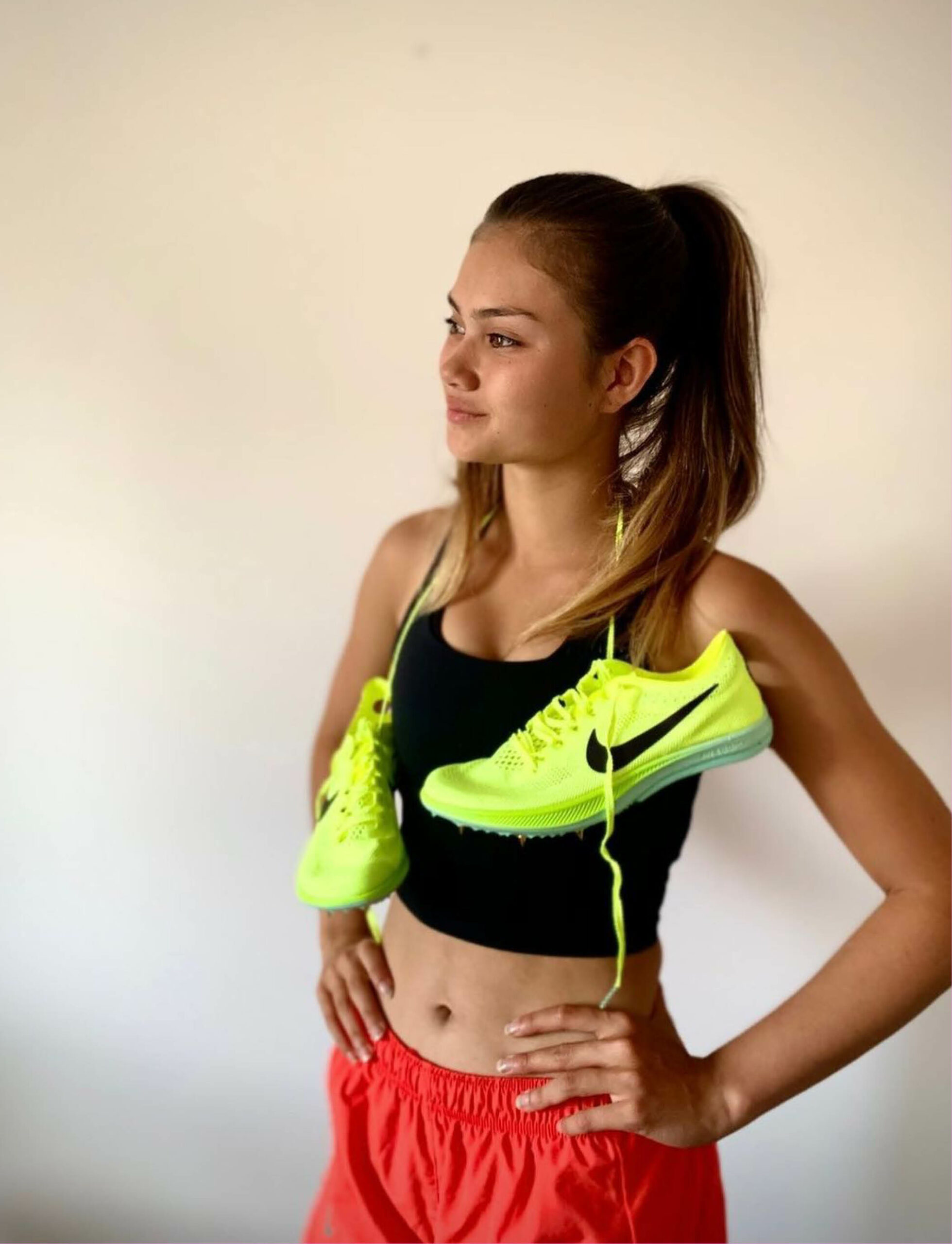
Glorious: Who are the athletes that inspire you?
Isabelle Kyson: I really admire Lina and Laviai Neilsen. I had the opportunity to train with them when I used to do sprints. It was quite a few years ago, but I still look up to them for how they balance their lives, especially when they were combining athletics with university. Despite the challenges they’ve faced, they have managed to overcome them, and that’s truly inspiring to me.
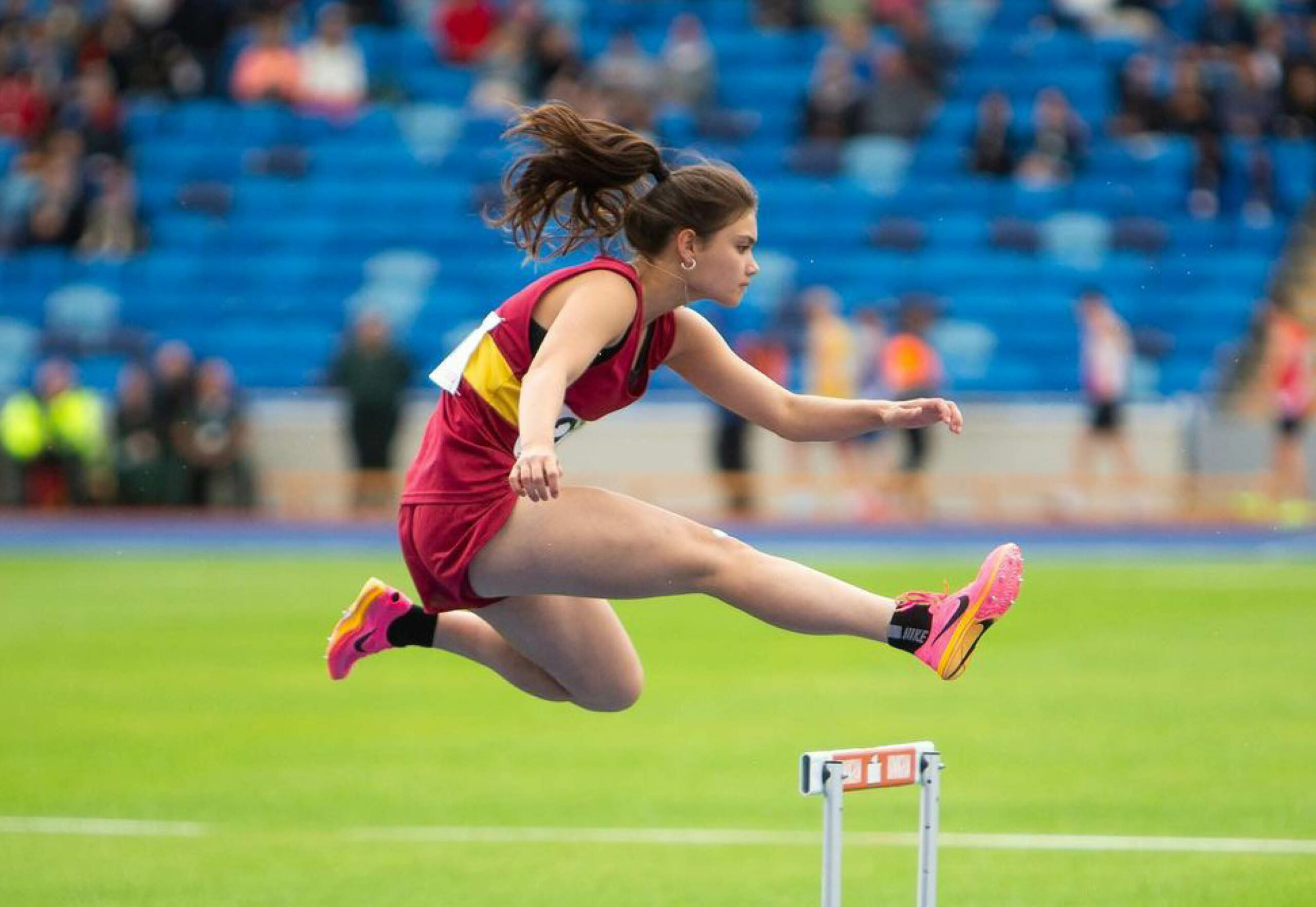
Editorial Design This Is Root
Title Image: Sweaty Betty campaign
